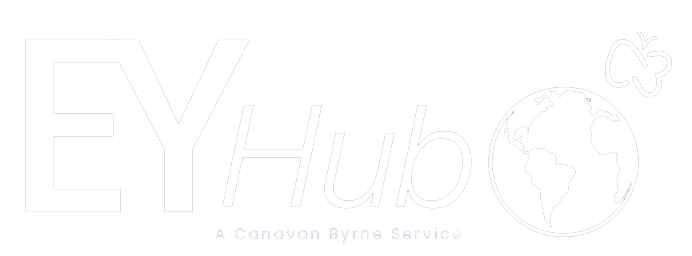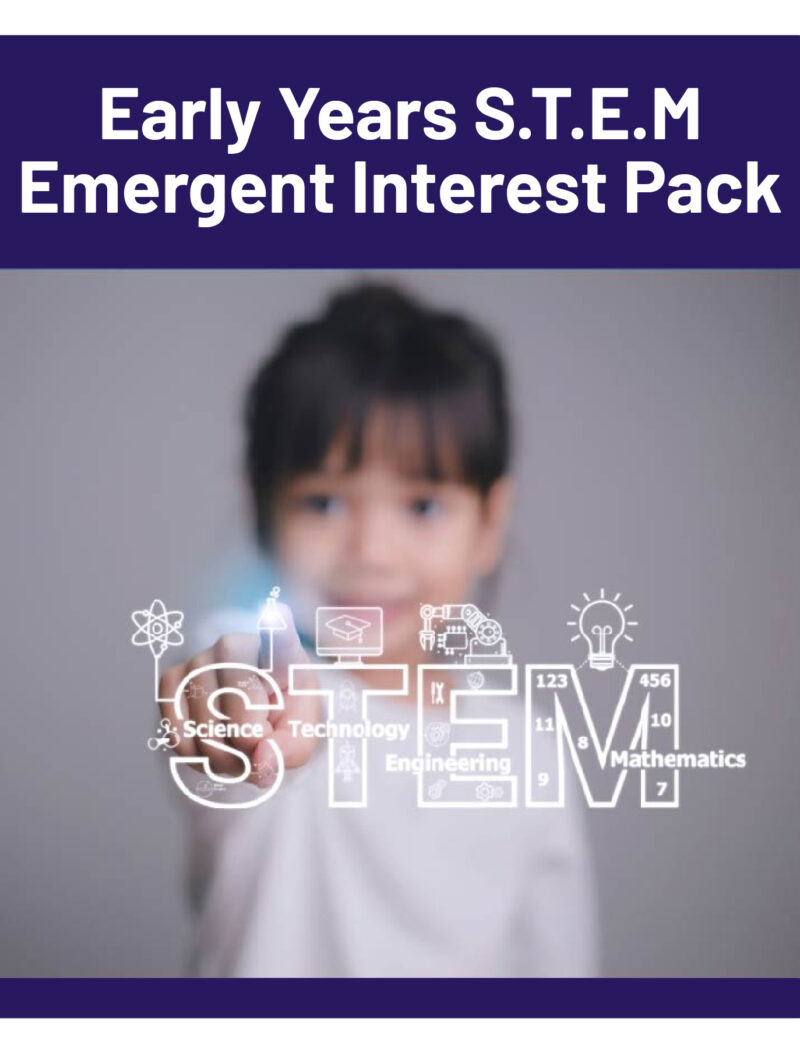Today’s Thursday Tip is to encourage you to look at the recommendations of the DES Inspection reports and evaluate how you can prepare better.
Each published DES Inspection (EYEI) report contains a wealth of observation in relation to where services fall down and where there is potential for improvement. See below the recommendations under the 4 key areas.
Early Years Professionals often report that they are doing what the inspectors ask of them, but it is not recorded anywhere. All inspections, by nature, are evidence based. In other words, you need to provide evidence of your practice. The Early Years Shop has several tools that can be used to demonstrate your practice and to support your service, from newsletters and family notices to curriculum resource ideas to learning journals.
Our ‘Documentation Made Simple’ series has been especially designed to record your practice in relation to some of the key areas reviewed by DES such as “working with diverse communities” and “transitioning to big school”. The journals allow you provide documentary evidence. These are group learning journals, so they are intended to be shared by all the children in the room or in the service (not individual journals for each child).
They include:
- 'Starting Big School' Journal (transition)
- Christmas Album
- 'Where I Live' Journal (community)
- Birthday Album
- 'Friends Together' Journal (diversity and inclusion)
We also offer a bundle of all 5 journals along with relevant Curriculum Plans for a special price.
AREA 1: QUALITY OF CONTEXT TO SUPPORT CHILDREN’S LEARNING AND DEVELOPMENT
The most frequently identified aspects of practice about which inspectors made recommendations for improvement included:
- The need for settings to provide a balanced programme of activities that were clearly shared (visually) with children and families.
- The need to ensure that there were strategies in place to support children’s transitions from one activity to another within the daily routine.
- Increasing the use of positive supportive actions that respect the agency of children.
- Assignment of children to one significant adult who has the main responsibility for monitoring, planning for, and reviewing his/her experiences and progress within the service (the key person approach).
- Ensuring that the diverse community of children, staff, and families in the service are represented both visually and practically within the learning environment.
- Making sure that meal times are enjoyable and support children’s social learning experiences.
AREA 2: QUALITY OF PROCESSES TO SUPPORT CHILDREN’S LEARNING AND DEVELOPMENT
The most frequently identified aspects of practice about which inspectors made recommendations for improvement included:
- Curriculum planning and review – incorporating Aistear themes, children’s interests, lessons from implementation
- Assessing children’s learning – using observation
- Improving the indoor and outdoor environment to provide more natural, open-ended resources and experiences for children
- Providing a better balance between adult-led and child-initiated activity
- Fostering creativity – for example, reducing the use of workbooks and templates
AREA 3: QUALITY OF CHILDREN’S LEARNING EXPERIENCES AND ACHIEVEMENTS
The most frequently identified aspects of practice about which inspectors made recommendations for improvement included:
- Ensuring that the diversity of backgrounds of the children, families, and wider community in which the service operates is represented in the environment and programme offered to children in the service
- Reducing the presence of overly formalised, structured, and prescriptive activities within the service and providing for more open-ended, challenging and creative experiences that will support the development of a wider range of key learning dispositions in children
- Providing more opportunities for children to reflect on their own learning
- Support for language development – for example, English as an Additional Language (EAL), mathematical language and a wide range of communication skills
- Promoting positive learning dispositions – for example, problem solving, empathy, and resilience
AREA 4: QUALITY OF MANAGEMENT AND LEADERSHIP FOR LEARNING
The most frequently identified aspects of practice about which inspectors made recommendations for improvement included:
- Promoting and supporting the development of self-evaluation/service evaluation practices
- Allocation of time and resources to allow staff to engage in professional activities such as collaborative teamwork and support and supervision of staff
- Fostering concrete strategies to enable and promote meaningful partnership with parents in the learning and development of their child
- Developing relationships with primary schools and teachers to support children’s smooth transitions to primary school
- Leadership development
- Accessing external support – for example, information or mentoring







